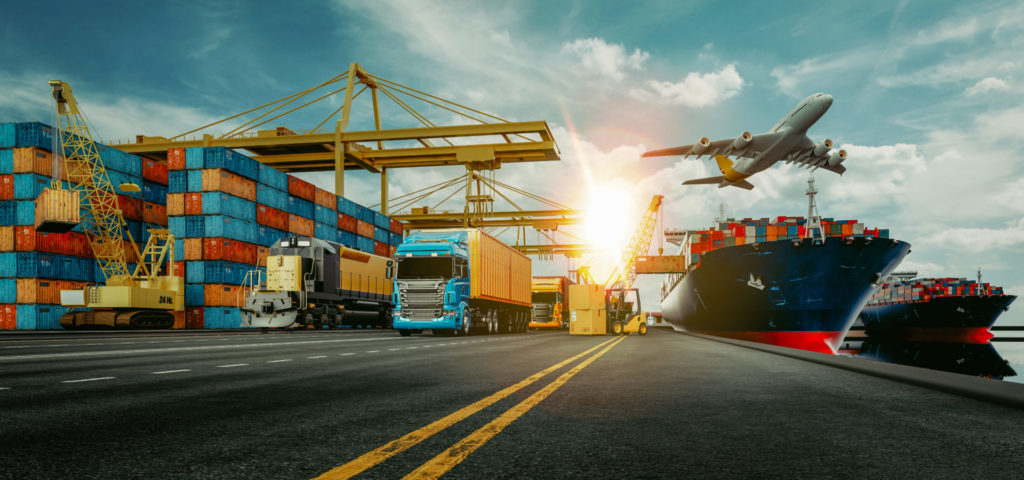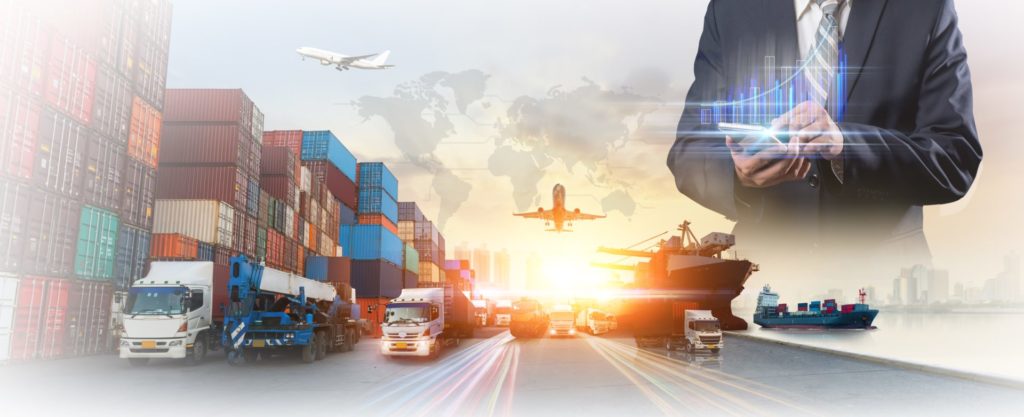The post-Covid global value chain will remain rife with disruption. But the businesses that can find new ways to reach customers will put themselves in a strong position to thrive.
The past few years under Covid-19 have seen massive disruptions to the global value chain. Although the virus is slowly becoming endemic and people are adjusting to life in the “new normal,” its effects on business – both regionally and internationally – will continue to be felt for years to come. Companies must adapt to existing and future disruptions by becoming nimbler and more responsive to sudden shocks.
Despite many economies slowly starting to show signs of recovery as borders open and restrictions ease, it is likely that supply chain issues will persist during this time of adjustment and instability. Sourcing parts and components for items such as semiconductors and computer chips that are produced in certain regions and assembled in others will continue to be a huge challenge.
Supply bottlenecks, price increases of raw materials, and transportation costs are all trending upwards. Companies must plan ahead for these eventualities to ensure timely delivery for their clients.
Concurrently, staff and clients face a shifting workforce with vastly different expectations than before Covid, and organizations will need to adjust hiring practices to reflect this.
In order to succeed in this challenging landscape, businesses should focus on the following four areas of likely disruption:
Sustainability & Innovation
While it has always been a key metric for companies to strive towards, being sustainable has become paramount to post-pandemic success, as it is a way of insulating against supply chain shocks and bottlenecks. A recent survey by KPMG showed that88% of CEO’s find locking in sustainability gains of key importance moving forward.
Companies are scrambling to find innovative ways to adapt to existing and future trends. Pivoting to a sustainability model is key to ensuring long-term viability as resources and access to them becomes more problematic during the long tail of recovery from Covid-19.
More importantly, consumer preferences have changed dramatically in the past few years. The companies that are able to actively show their commitment to sustainability will find it easier togain both market share and a loyal customer base.
Environmental, Social and Governance (ESG) factors – such as shifting away from plastic packaging to renewable sources, enabling recycling across the supply chain, increased transparency with regards to localisation and community, as well as more ethical manufacturing processes – will allow flexible companies to save money on production and transportation costs while also creating a positive brand experience for end-users.
Technology
Technological innovation has always been important for businesses to deal with sudden market shifts, andCovid-19 has exposed the need to be highly-adaptable as many new technological innovations have driven this trend upwards to unprecedented levels.
In many cases, the old ways of doing business are no longer tenable and companies must shift their existing business models to survive. This can be daunting but it also represents a perfect opportunity for companies to reflect on previous practices and find technological solutions to make them more efficient. If done correctly, this process can lead to significant long-term cost savings.
For developing economies such as Thailand, the current era represents a golden opportunity to initiate change and become more adaptable using emergent and existing technology, especially in regards to automation, efficiency in manufacturing, capitalising on workforce changes in staffing, and fostering a more digital office culture.
Supply Chain & Logistics
As other regional players struggle to open up and adapt to the post-pandemic marketplace, Thailand has the opportunity to become a regional leader in supply chain & logistics. Agility in manufacturing and production are key assets for Thailand given China’s “0-Covid policy” of containment and its effects on the Chinese export market.
This represents a great opportunity to gain market share across several industries. Likewise, rising transportation costs make localisation more economical, and Thailand has the ability and resources to take the lead in this field.
Supplier relations are also more important than ever. Many are under-capitalised as they start the recovery process, so businesses that are able to provide more attractive payment terms and longer contracts to secure future supply will have an advantage over companies that do not properly forecast future disruptions and plan ahead.
The ongoing Russian invasion of Ukraine and the resulting sanctions against Russia also show how important it is to be adaptable and proactive with regards to securing the supply-chain, as instability will continue to be a major issue going forward.
Human Capital
Probably the most important disruptor going forward is in regards to human capital.
The pandemic saw a dramatic shift away from traditional office structures. Most companies were forced to adopt some type of “work from home” model in order to stay open and continue working as restrictions, illness, and shifting office culture permanentlychanged the face of workplaces in industrialised countries.
The need to hire agile and forward-thinking talent has never been greater and despite many disruptions, most companies have learned that having staff fragmented or working remotely was far from disastrous. In fact, many companies actually saw anincrease in productivity during the pandemic.
Salary inflation, skills shortages, and a trend towards more diversity in the workplace will also be ongoing concerns.
Another important factor to consider is that relocation across the region is now more difficult and businesses will want to build their local talent. This means they will need to make significant investments into training and professional development.
Finding a way forward
Doing business in times of instability and disruption is far from easy, but it can also present unique opportunities to adapt and adjust.
By focusing on sustainability & innovation, technology, supply chain & logistics, as well as human capital, businesses in Thailand – and indeed, throughout the ASEAN region – can find success in the years to come.
Of course, if businesses want to take full advantage of their opportunities, they will need talented people in important positions. If you are looking to find the right talent to optimise and streamline your value chain, contact us today.










